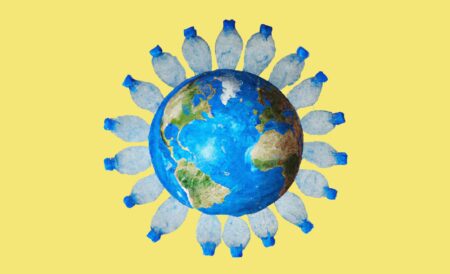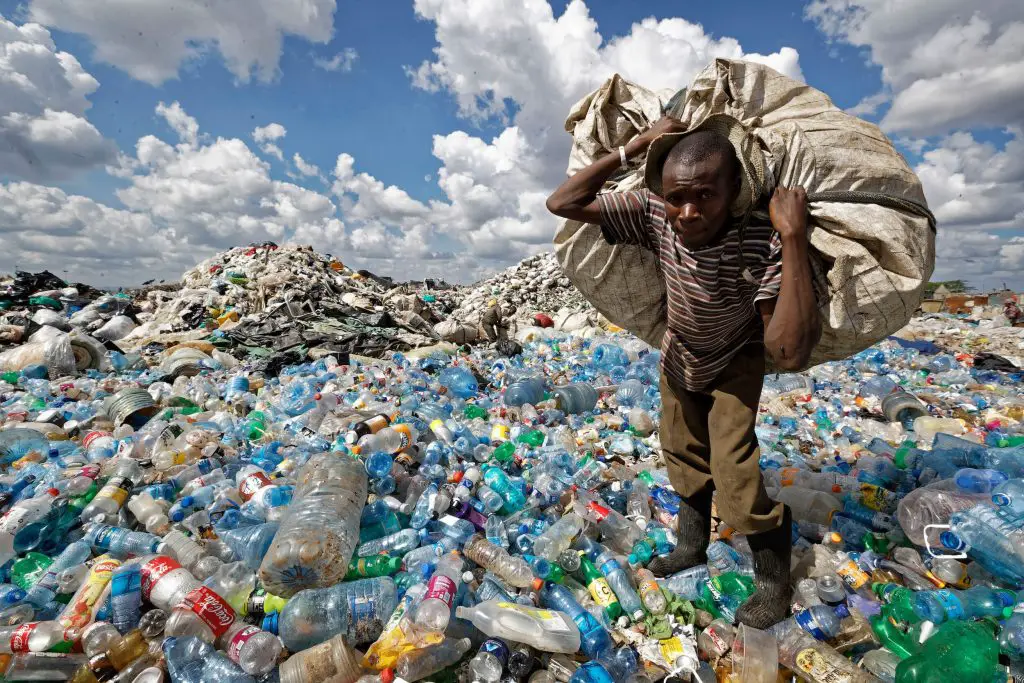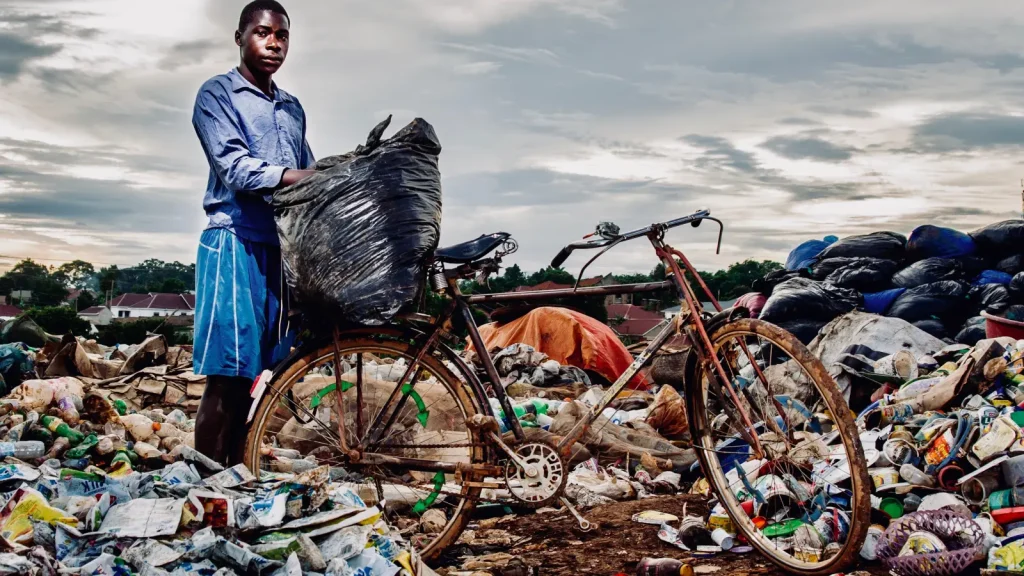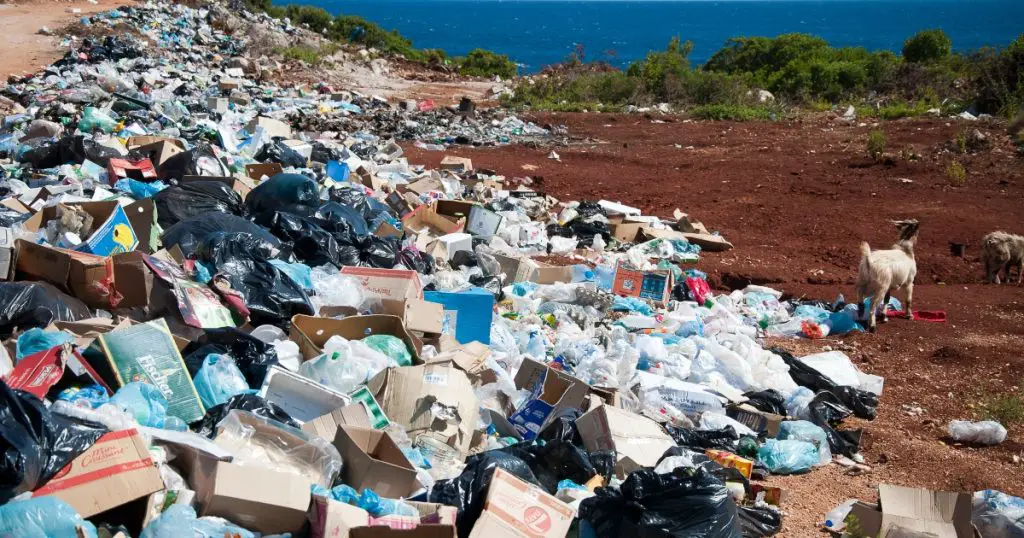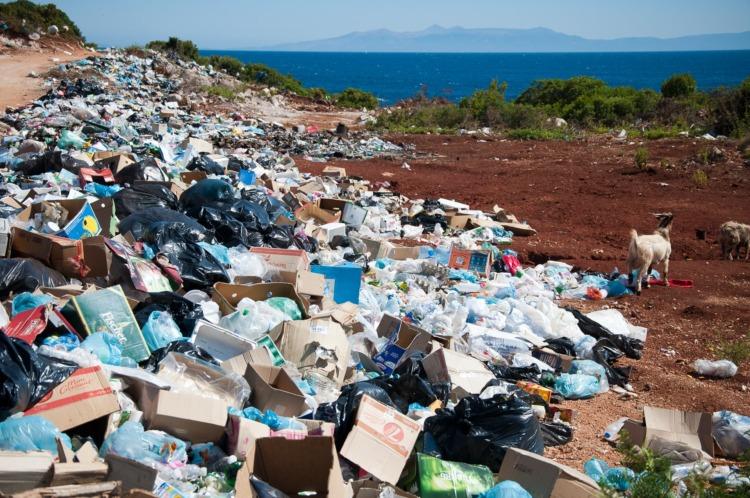- Africa’s new dawn: the rising role of digital and AI in agriculture
- Can Dangote Refinery Transform Africa Energy Ambition
- Gallup Survey: 80 per cent of Kenyan Workers Are Disengaged and Seek New Opportunities
- Madagascar Man Freed from 5KG Tumor After 15-Year Struggle
- How women in Africa are perceived and treated
- Sugar consumption in Kenya to Increase to 1.23 Million Tonnes
- Can Somalia and Turkey Oil deal Bring Change in Somaliland
- Remittances to Kenya dropped to $371.6 million in June, marking a six month low
Browsing: Plastic pollution
International delegates have gathered in Nairobi, Kenya, hoping to make further progress towards a landmark treaty to address global plastic pollution. The meeting is happening at the UNEP headquarters as negotiators seek to solve the scourge of pollution resulting from more than 430 million metric tonnes of plastic waste produced annually.
More than 2,000 delegates have attended the global plastics summit. They include representatives from environmental organisations, the oil and gas industry, and civil society groups. The delegates in Nairobi will mull two options: a wide-ranging strategy targeting plastics production or a limited approach focussed on waste management.…
- Out of 54 states, 34 have either passed a law banning plastics and implemented it or have passed a law to tackle the plastics menace.
- Plastic pollution is a global crisis and governments need to collaborate in a more coordinated approach to end this crisis.
- Legally binding agreements will deal with plastic pollution from production to disposal.
Africa has come a long way on the journey to tackle plastic pollution with as many as 34 countries out of 54 passing a law banning plastics. However, these countries have a long way to go in implementing these rules that create a plastic-free continent.
“We have seen countries such as Rwanda taking the lead in the quest to find a global binding instrument to deal with the plastic crisis. Others like Morocco, whose consumption of the raw material used in manufacturing plastic bags dropped by 50 per cent since its plastic …
- Three startups Twende Green Ecocycle, Oceania Pacesetter, and Eco-Redemptors offered the most effective solutions in tackling Mombasa’s marine plastics problem.
- Marine plastic waste is the most harmful form of scrap accounting for at least 85 percent of total marine waste.
- The Mombasa Plastics Prize Awards and Celebration by Challenge Works was funded by USAID and Global Affairs Canada.
Three Mombasa-based startups that are helping reduce marine plastic waste have secured $50,000 in prize money for their innovations fighting pollution in the coastal region.
Twende Green Ecocycle emerged first place receiving $25,298. Twende Green Ecocycle is a social enterprise that promotes sustainable development. It tackles pollution by recycling marine plastic waste from informal settlements into school eco-desks. The startup says it uses advanced recycling technology to turn plastic waste into eco-desks. The start-up’s high-quality school lockable eco-desk are used by students and teachers.
Startups reducing marine plastic waste
Oceania Pacesetter emerged …
According to the Future Market Insights report, around 9.2 billion tonnes of plastic have been manufactured globally, out of which only 9 per cent is recycled!
The technology helps to protect manufacturers and consumers against food and drug counterfeits.
With the plastic waste menace causing unprecedented damage globally, there has been an ongoing movement to discover and use alternative packaging materials, such as paper, glass, and metals.
The dilemma facing the world right now is that even the processes of creating plastic-free solutions often release more significant carbon emissions than conventional plastics.…
Conservation, biodiversity protection, resource efficiency, consumption patterns, climate mitigation and adaptation, employment development, as well as poverty alleviation, are all emphasized in three resolutions.
According to a resolution on minerals and metals, solutions should be developed to increase the environmental sustainability of these products over their whole existence.
Protect, conserve, restore, and sustainably use lakes while incorporating them into national and regional development plans are the goals of the resolution on sustainable lake management.…
- The fifth session of the United Nations Environment Assembly (UNEA-5.2) resolved to end plastic pollution and forge an international legally binding agreement by 2024
- The agreement will hold nations, businesses, and society accountable for eliminating plastic pollution from the environment
- UNEP) Executive Director Inger Andersen described the agreement as the most important international multilateral environmental deal since the Paris climate accord
This week was a win for climate change after the fifth session of the United Nations Environment Assembly (UNEA-5.2) resolved to end plastic pollution and forge an international legally binding agreement by 2024.
The agreement will hold nations, businesses, and society accountable for eliminating plastic pollution from the environment.
After the passing the landmark resolution in Nairobi, UN Environment Programme (UNEP) Executive Director Inger Andersen described the agreement as the most important international multilateral environmental deal since the Paris climate accord.
Representatives, including heads of state, from 175 countries, …
A new report has found that toxic chemicals in plastic waste exports from wealthy countries are contaminating food in developing and transition countries around the world, including Africa.
The study by the International Pollutants Elimination Network (IPEN) found that most of the plastic waste exported from wealthy countries to countries with developing economies or economies in transition is landfilled, burned, or dumped into waterways.
According to the report, all plastics virtually contain hazardous chemical additives.
The report states that these disposal methods result in highly toxic emissions that remain in the environment for decades and build up in the food chain.
Dubbed ‘Plastic Waste Poisoning Food and Threatening Communities in Africa, Asia, Central and Eastern Europe, and Latin America’, the study demonstrates how these plastic waste handling methods end up poisoning local populations.
For this study, non-governmental organizations (NGOs) in fourteen countries which in many cases receive plastic waste from …





